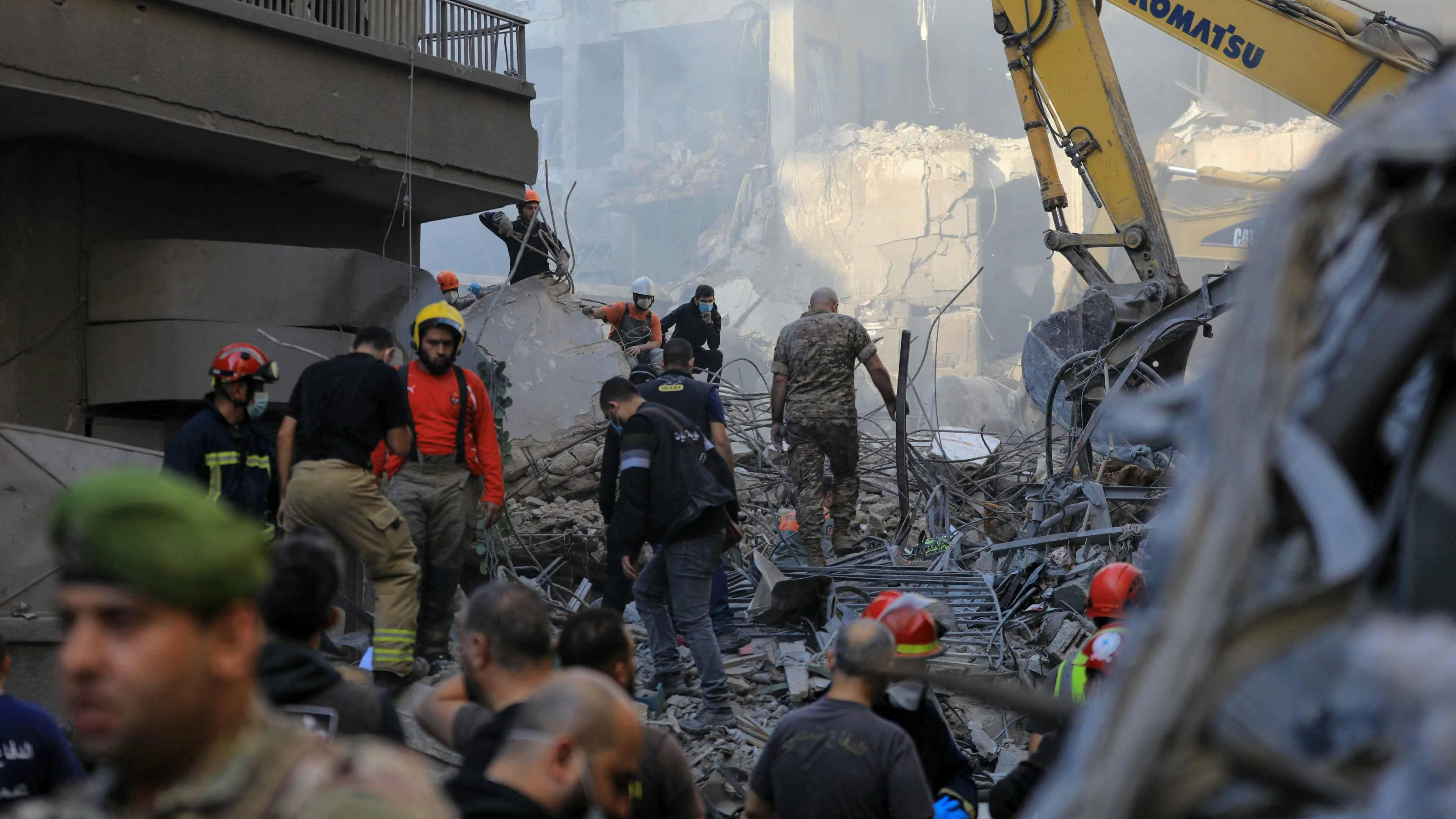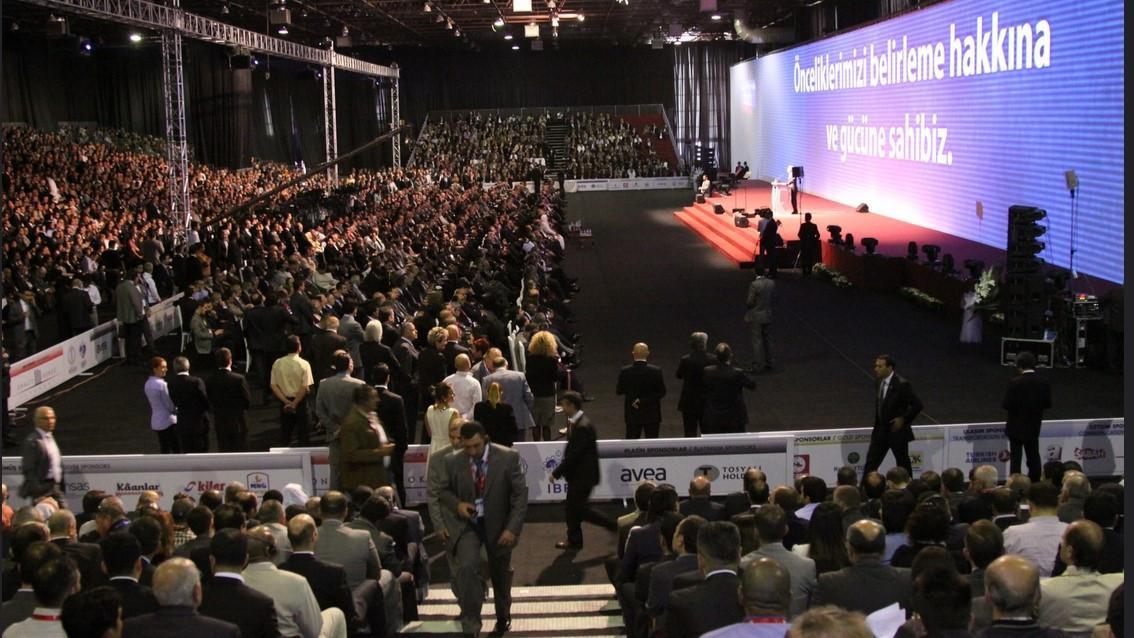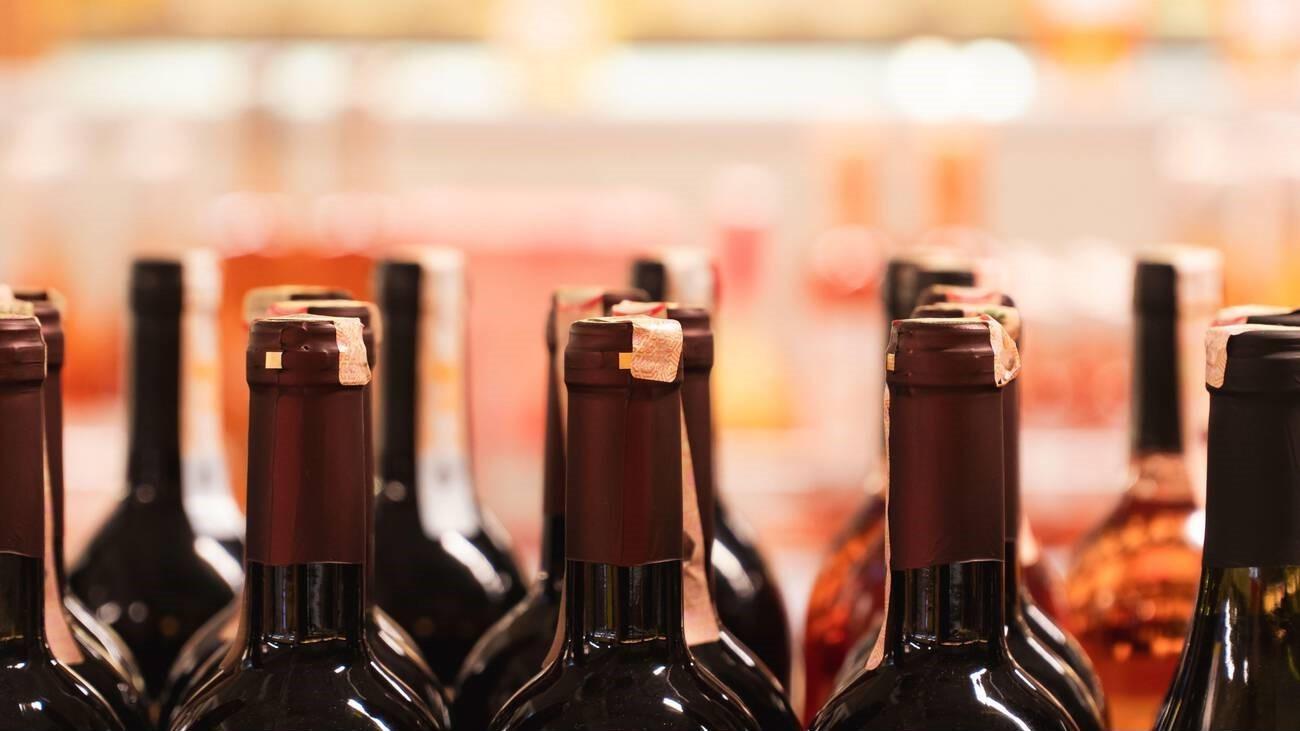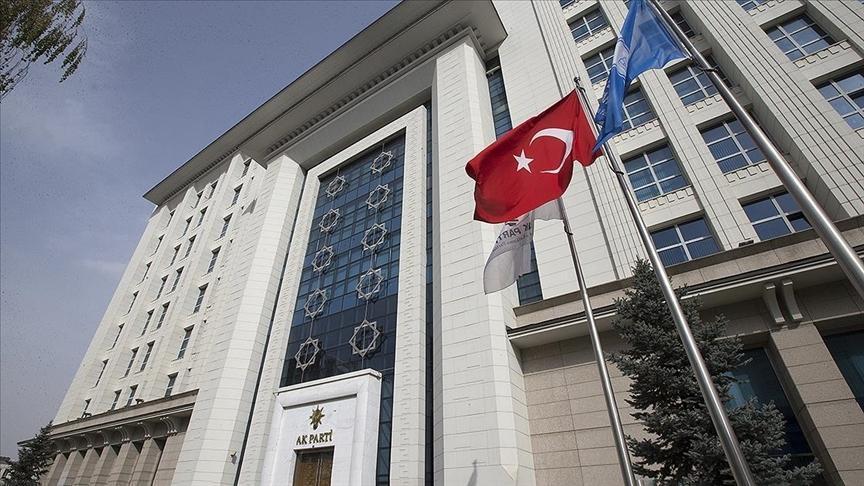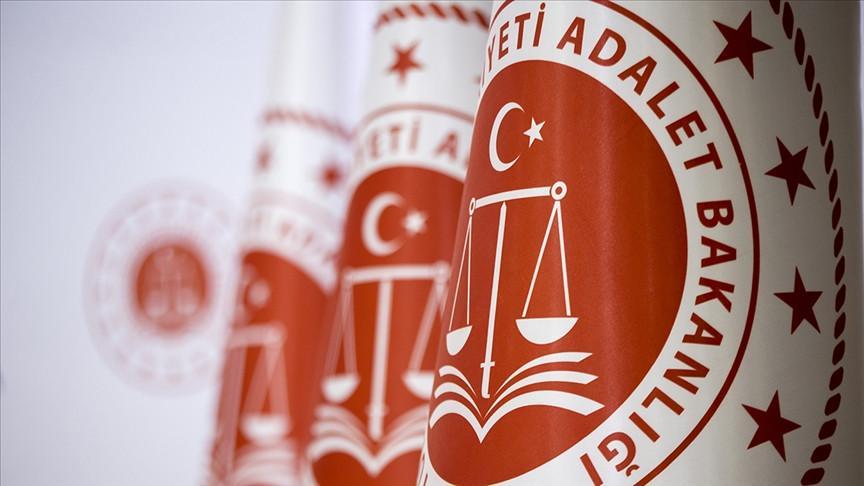EU’s Juncker to visit Russia in June amid sanctions debate
BRUSSELS – Reuters
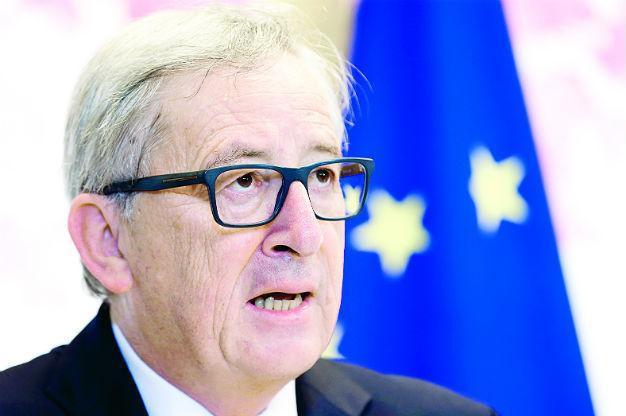
AP photo
European Commission President Jean-Claude Juncker will attend a high-profile economic forum in Russia in June and meet Russian President Vladimir Putin there, officials said on May 30, as the EU weighs whether to renew economic sanctions against Moscow.While several EU leaders including German Chancellor Angela Merkel have visited Russia since it annexed Crimea in 2014, the trip will be Juncker’s first as Europe’s chief executive and has already stirred debate on the EU’s fraught ties with Moscow.
Commission spokesman Margaritis Schinas said Juncker would “use this opportunity to convey to the Russian leadership, as well as the wider audience, the EU’s perspective regarding the current state of the EU-Russian relations.”
Schinas reiterated EU sanctions policy on Russia, saying that Juncker’s June 16 visit was not “inconsistent” with it. EU leaders are due to decide at their June 28-29 summit on the sanctions, imposed over Russia’s role in the Ukraine crisis.
“The duration of sanctions is clearly linked to Russia’s complete implementation of the Minsk agreements and respect for Ukraine’s sovereignty,” Schinas said, referring to a stalled peace accord.
He said Juncker and Putin would meet during the St. Petersburg event but declined to say whether there would be a separate face-to-face meeting. The Kremlin welcomed Juncker’s visit, but said it was unlikely to lead to a breakthrough.
“The most positive element to this trip is that it shows a readiness and a desire for dialogue aimed at getting consensus on those issues where we still have strong disagreements,” Kremlin spokesman Dmitry Peskov told reporters.
Juncker has been criticized by some European officials who take a hard line upholding economic sanctions imposed by the EU and United States on Russia following its annexation of Crimea and support for Ukrainian rebels. Juncker, a former Luxembourg premier, has called for a “practical relationship” with Moscow.
That echoes the stance at NATO, where European allies such as Germany and France say dialogue is critical to avoiding a worsening of ties with Russia, Europe’s main energy provider and a nuclear power that is increasingly at odds with the West.


